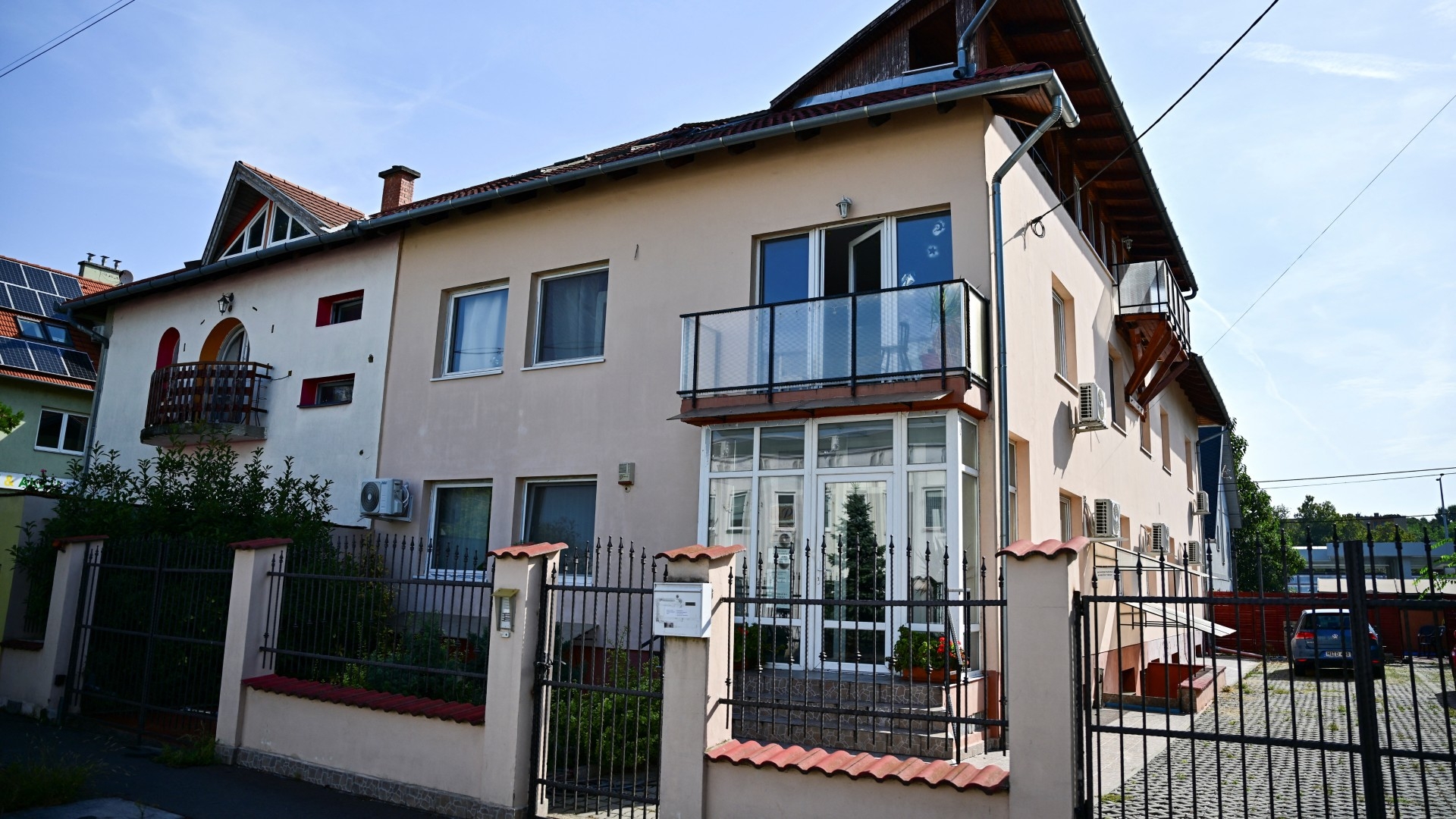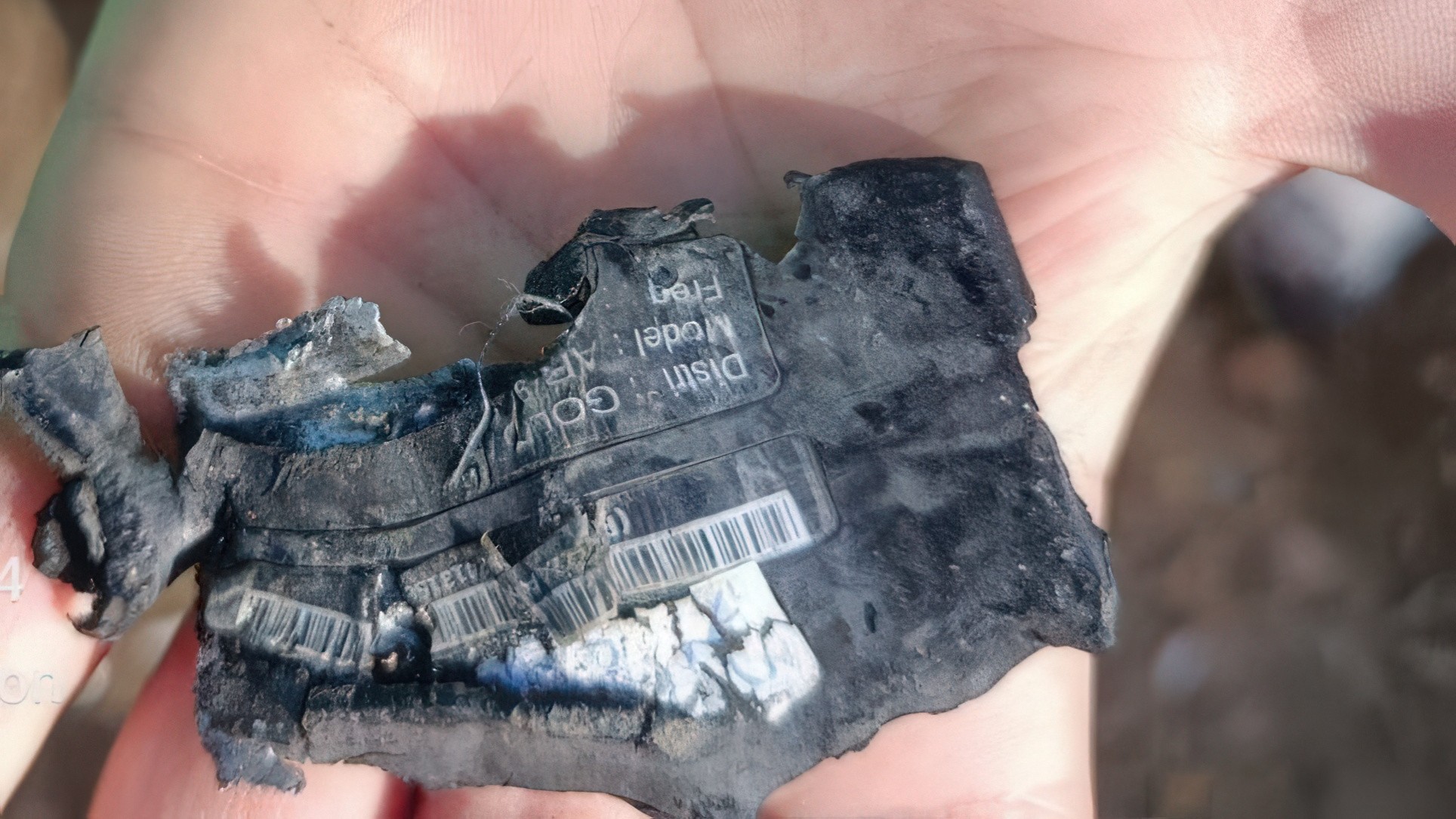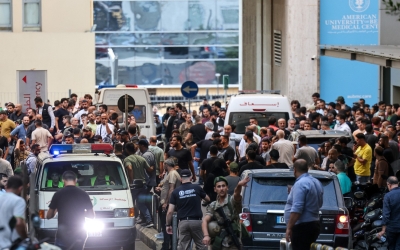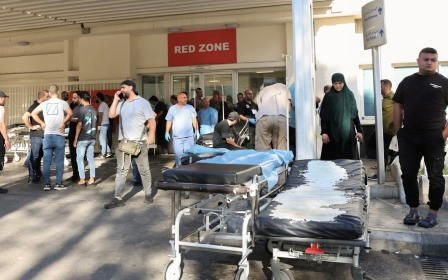From Taiwan to Budapest: The murky trail of Lebanon's exploding pagers

How and when did thousands of pagers become lethal weapons that killed 12 and wounded at least 2,750 people in Lebanon on Tuesday?
Hours after the surprise attack on Hezbollah, widely blamed on Israel, those questions still stand.
But reports and other publicly available information are starting to reveal a murky trail that begins in Taiwan with a woman named Teresa and continues to a residential neighbourhood in suburban Budapest.
Here’s what we know so far:
Images released following the attack show branding for Gold Apollo, a Taiwanese electronics manufacturer, on the exploded pagers.
New MEE newsletter: Jerusalem Dispatch
Sign up to get the latest insights and analysis on Israel-Palestine, alongside Turkey Unpacked and other MEE newsletters
Gold Apollo’s founder Hsu Ching-kuang has confirmed that it was indeed his company’s brand on the pagers.
But he says they were made by another manufacturer that was licenced by Gold Apollo.
According to Hsu, that manufacturer is BAC Consulting, a Budapest-based company.
Hsu detailed years-long business dealings between BAC and Gold Apollo, which he said started three years ago when he was approached by a Taiwanese woman who he only knew as Teresa.
Hsu told NPR that Teresa claimed to represent BAC Consulting. He said he negotiated for more than two months with her before agreeing to sell his pagers to BAC and also to let BAC use Gold Apollo’s trademark on his products.
If negotiations began three years ago, that places Gold Apollo and BAC’s agreed contract sometime in 2021 or potentially early 2022.
Hsu also said that the BAC paid Gold Apollo from a Middle Eastern bank account that was blocked at least once by his company's bank in Taiwan.
In Hungary, annual reports for BAC cited by NPR show that the company registered in May 2022 with a single owner, Cristiana Barsony-Arcidiacono, and an account balance of just over $320 as of this May.
Barsony-Arcidiacono did not respond to Middle East Eye’s request for comment.
Early on Wednesday, BAC Consulting’s website described the firm as working “internationally as agents of change with a network of consultants who put their knowledge, experience and humanity into projects in a connecting and authentic journey!”
But later on Wednesday, the site only displayed a sign saying “Forbidden: you don’t have permission to access this source.” A phone number associated with BAC rang without answer and BAC did not respond to an emailed request for comment.
On Wednesday morning, Reuters reported that when it went to the registered address of BAC Consulting, it found the company name on an A4 sheet attached to a glass door on a building in a mostly residential street.
A person at the building told Reuters that the company did not have a physical presence at the location.
Approached by NBC News about the exploding pagers, Barsony-Arcidiacono reportedly said: "I don't make the pagers. I am just the intermediate. I think you got it wrong."
Later on Wednesday, the Hungarian government said in a statement it had established that "the company in question is a trading-intermediary company which has no manufacturing or other site of operation in Hungary".
"It has one head of operations in Hungary on its listed address and the devices referenced have never been to Hungary," government spokesman Zoltan Kovacs said.
Meanwhile, the Taiwanese economic affairs ministry says it has no records of Gold Apollo exporting pagers directly to Lebanon since the beginning of 2022.
Hsu told Reuters that Gold Apollo now plans to sue BAC Consulting.
Unprecedented attack
The attack on Tuesday began around 3.45pm, when pagers belonging to members of Hezbollah, the powerful Lebanese movement currently battling Israel, began exploding.
Across Lebanon, as well as in Syria, people belonging to the party, which is a political and social force as well as an armed movement, were suddenly seen wounded and bloody. An eight-year-old girl and 10-year-old boy were among the dead.
According to several media reports, Israel's Mossad intelligence agency planted explosives in the pagers, which were shipped to Lebanon about five months ago.
A security source told Reuters that 5,000 pagers were ordered in the batch, and perhaps 1,000-2,000 of those exploded.
Israel has not commented publicly on the attack and Prime Minister Benjamin Netanyahu is understood to have directed officials not to take interviews.
Middle East Eye delivers independent and unrivalled coverage and analysis of the Middle East, North Africa and beyond. To learn more about republishing this content and the associated fees, please fill out this form. More about MEE can be found here.






